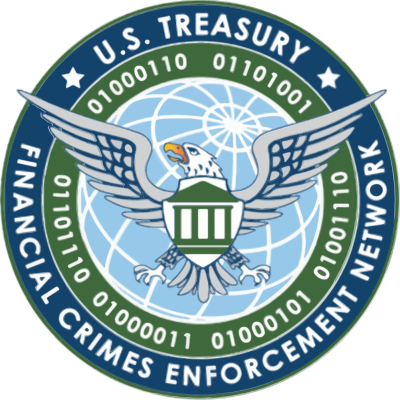Emerging money laundering and terrorist financing risks from April 2025
Licence Condition 12.1.1(3) of the Licence Conditions and Codes of Practice (LCCP), requires operators to keep up-to-date with emerging risks information published by the Gambling Commission. This emerging risks publication is a trigger for operators to review their money laundering and terrorist financing risk assessments and related policies, procedures and controls to ensure that they remain appropriate and effective. Money service business activity in remote and non-remote casinos Risk information Some remote and non-remote casinos offer money service business (MSB) facilities, which include: foreign currency exchangethird-party cheque cashingthird-party money transfer (into and out of the casino)We are aware of casino…














